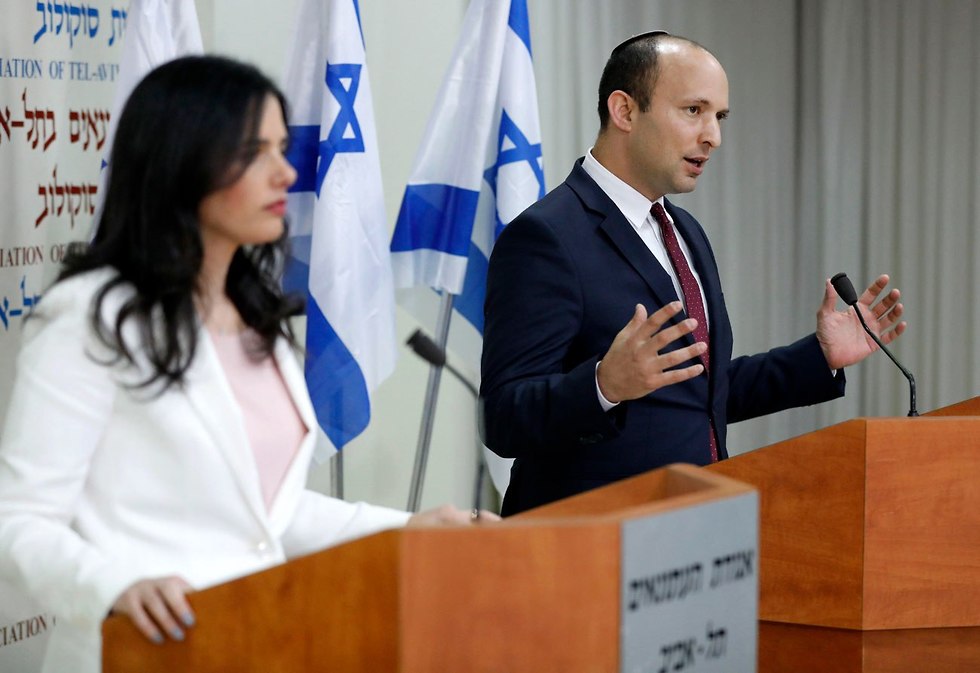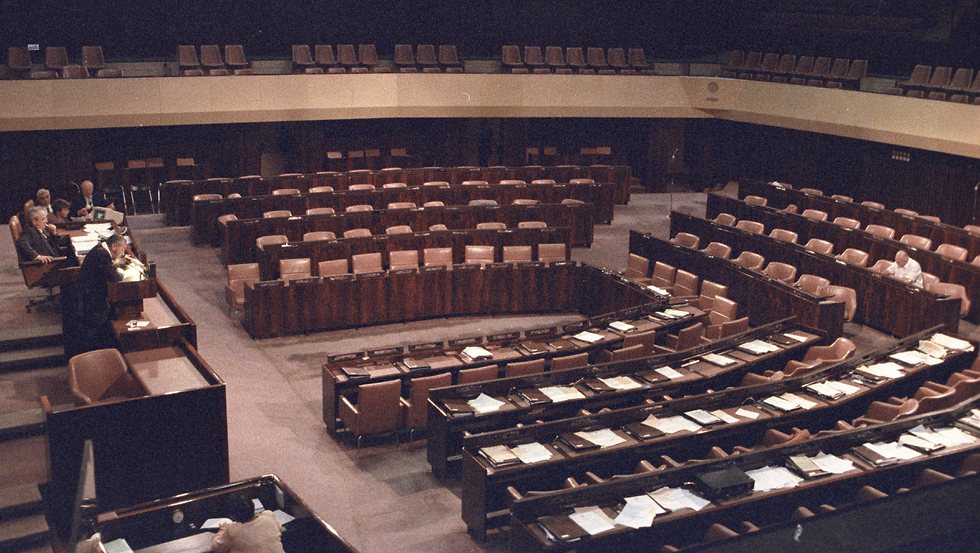
Yes, the Jewish Home's united list has taken upon itself the role of savior of the Land of Israel and its right-wing government, after the other right-wing parties refused to assume the mantle.
Nothing comes easy. Naftali Bennett and Ayelet Shaked abandoned the Jewish Home, leaving behind a leaderless, confused and shattered party that was plummeting in the polls to below the electoral threshold. But that led, to my surprise, to an awakening that proves the strength of the national religious movement.
Rabbi Rafi Peretz, a well-rounded educator of proven ability, was elected as the new chairman of the party. An impressive new personality, journalist Yifat Erlich, also joined. Under Peretz, and after exhaustive negotiations, a unity agreement was struck between the Jewish Home and the National Union.
The question remained whether to include Otzma Yehudit and create a broad union of religious Zionism, but the more likely it became that there would be a center-left union, the more it became clear that the right needed something similar and that we could not turn our backs on potential votes.
Not everyone in religious Zionism looks favorably on the unification of the Jewish Home with a party rooted in the Kahane movement. In fact, the party is actually composed mainly of the national-religious public with whom there are many moral agreements, although admittedly there is still a gap between values, and style and conduct.
The proposal was to run on one list, but in a technical bloc - which means that on the day after the elections everyone goes their own way. Thus, for the first time, there is an opportunity for religious Zionism to unite on one list.
Even members of Otzma Yehudit have undergone a change. The Itamar Ben-Gvir of today is not like the Rabbi Meir Kahane of decades ago. And although it is still possible to hear from them extremist statements with which I cannot agree, their behavior is nonetheless more moderate.
Now, that the union has been created, the entire national-religious public must unite around it and support it, as the only national-religious list in the April 9 elections. Some parts of the public will find it easier than others to vote for this list, and some will even do it joyously – for they anticipated the day on which they would have one list to unite them all. On the other hand, some will fiund it morally difficult to support it. But let us not forget that this union was created to save the Land of Israel and the Jewishness of the state.
This list, under the valued leadership of Rabbi Peretz, will have to provide answers and be transparent in its actions - not only on the subject of the Land of Israel, but on all matters concerning the Israeli public in general, which are no less important: religion and state, society, education and health.
The heads of the New Right party Bennett and Shaked have declared that they are not looking for votes among the religious Zionists but would rather seek to appeal to the traditionally observant and secular. I very much hope that they will stand by these claims, and refrain from embarking on a campaign that appeals to the national religious public.
After the candidates for each party are submitted, there will be only one list for religious Zionism that unites all areas of this key community. This is a sector worthy of dignified and large representation in the Knesset and in the government. Its people are everywhere, and they have a significant influence in the worlds of Torah, science and academia, medicine, the IDF, law, education and welfare. The strength of this activity and the accompanying values does deserve sizeable and influential representation in the Knesset.
Some of the religious Zionist public may have good and justifiable reasons not to vote for this union, but there are situations in which differences of opinion need to be transcended and a more comprehensive view taken.
In the current political reality, the bigger picture requires a unified list, and we should all unite around the Jewish Home list.


















